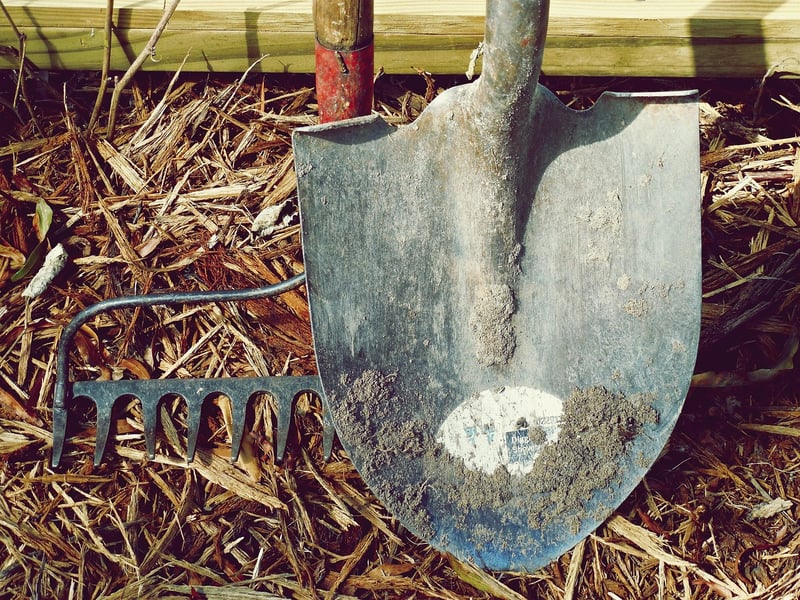Pest Control
Essential Practices for Plant Health and Pest Control
Keeping your plants healthy and free from pests is essential for a thriving garden or indoor space. By following some key practices, you can ensure that your plants remain vibrant and pest-free. Here are some essential tips:
1. Choose the Right Plants
Start by selecting plants that are well-suited to your specific environment, including light conditions, temperature, and soil type. Healthy plants are better equipped to resist pest infestations.
2. Maintain Proper Watering
Overwatering can lead to root rot, while underwatering can stress plants, making them more susceptible to pests. Find the right balance for each plant species and water consistently.
3. Provide Adequate Sunlight
Plants need sunlight to photosynthesize and stay healthy. Make sure your plants are getting the right amount of sunlight based on their specific requirements.
4. Regularly Inspect Your Plants
Keep an eye out for any signs of pest infestations or diseases. Early detection can help prevent the spread and minimize damage to your plants.
5. Practice Crop Rotation
If you have a vegetable garden, rotate your crops each season to help prevent the build-up of pests and diseases in the soil.
6. Use Organic Pest Control Methods
Opt for natural pest control methods such as neem oil, insecticidal soaps, or introducing beneficial insects like ladybugs to combat pests without harming the environment.
7. Remove Infected Plants
If a plant is severely infested with pests or diseases, it's best to remove it to prevent the issue from spreading to other plants.
8. Maintain Good Garden Hygiene
Regularly clean up debris, weeds, and fallen leaves which can harbor pests and diseases. A clean garden helps reduce the risk of infestations.
9. Consider Companion Planting
Some plants can help repel pests or attract beneficial insects when planted alongside other species. Explore companion planting to naturally protect your plants.
By incorporating these essential practices into your plant care routine, you can promote plant health and effectively control pests, leading to a flourishing and beautiful garden.

For more information on plant health and pest control, visit Royal Horticultural Society.
